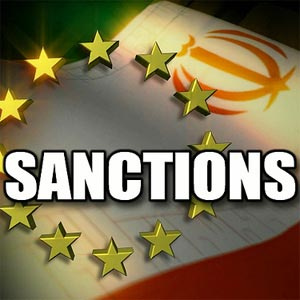Iran and West; Back to the Table of Negotiations?

Nevertheless, whatever mistakes Western countries may have made –and they haven’t made few of them- diplomacy is still the best option to solve Iran’s nuclear crisis. Iran should always embrace diplomacy, even if it believes behind West’s gestures lies no goodwill. It is in face-to-face talks that Iran can elaborate on its point-of-view, remove any likely misunderstandings and thwart aggravation of the situation.
With the unilateral sanctions it added to the Resolution 1929, West has moved in a risky path. The complementary punitive measures will just instigate a face-off between Iran and the group of six global powers.
Three days ago, after his meeting with the Russian Dmitri Medvedev, the French President Nicholas Sarkozy said that his country is ready to resume Iran talks in the International Atomic Energy Organization. Whatever the intentions of Paris, I believe that direct negotiations are always a constructive measure. Could Medvedev have influenced Sarkozy in his decision? Compared with Paris, Moscow is closer to Iran and despite the conviction of some Iranian observers it is unwilling to further distance itself from Tehran. Kremlin tries to keep open the diplomacy path through the Five plus One framework.
Let’s not forget that for the sake of mitigating Iran’s difficulties, China and Russia have always tried to moderate the draft resolutions set forth by Western countries. Russia or China’s vote in favor of Resolution 1929 does not prove hostility towards Iran. They have supported Iran as much as their national interests were not harmed. A black-or-white mentality won’t help us in diplomacy.
Ignoring the Tehran Agreement was a serious mistake made by West. Now that the sanction has been adopted, Iran may deem the agreement as null and void. With the Resolution 1929, West blocked one of the paths towards diplomacy.

